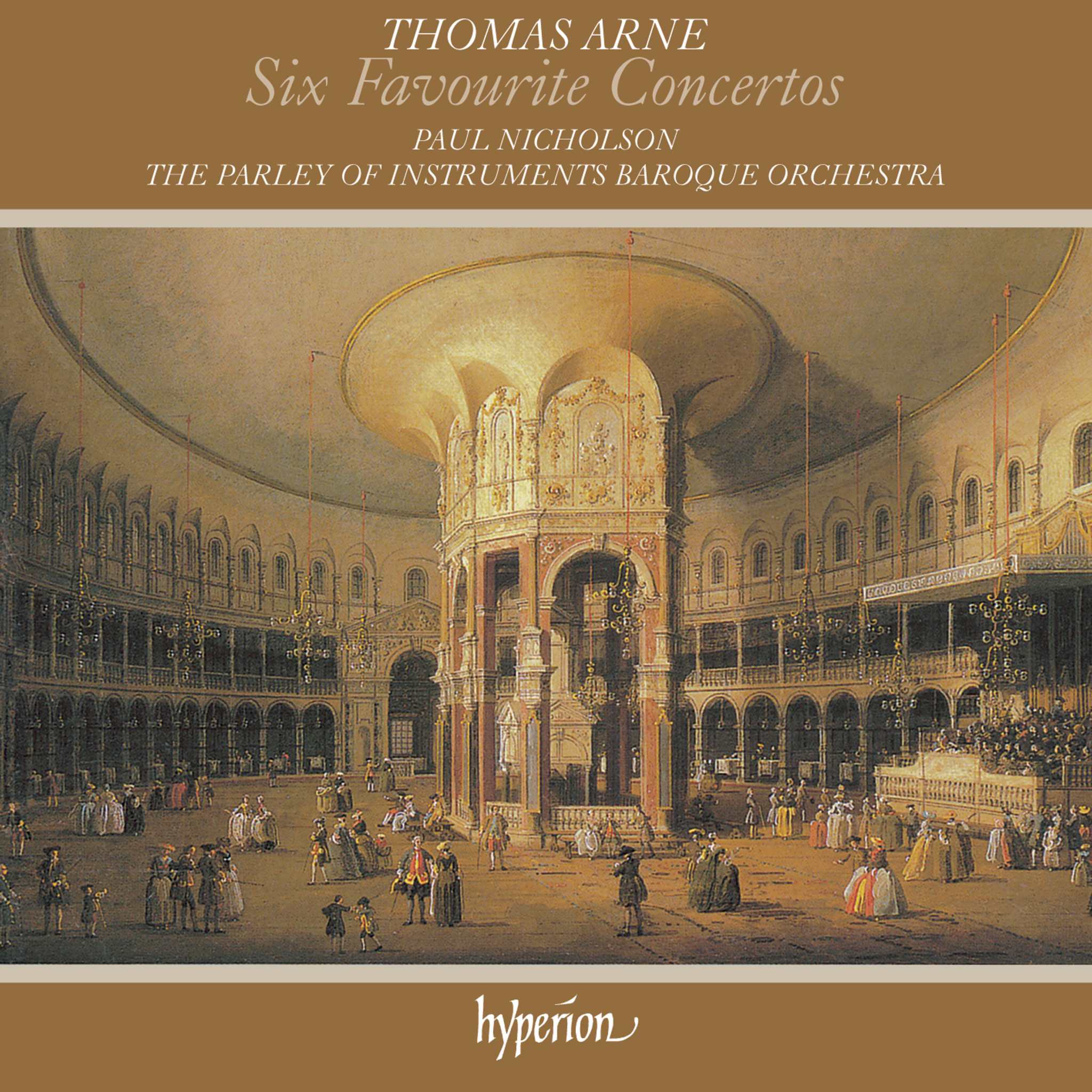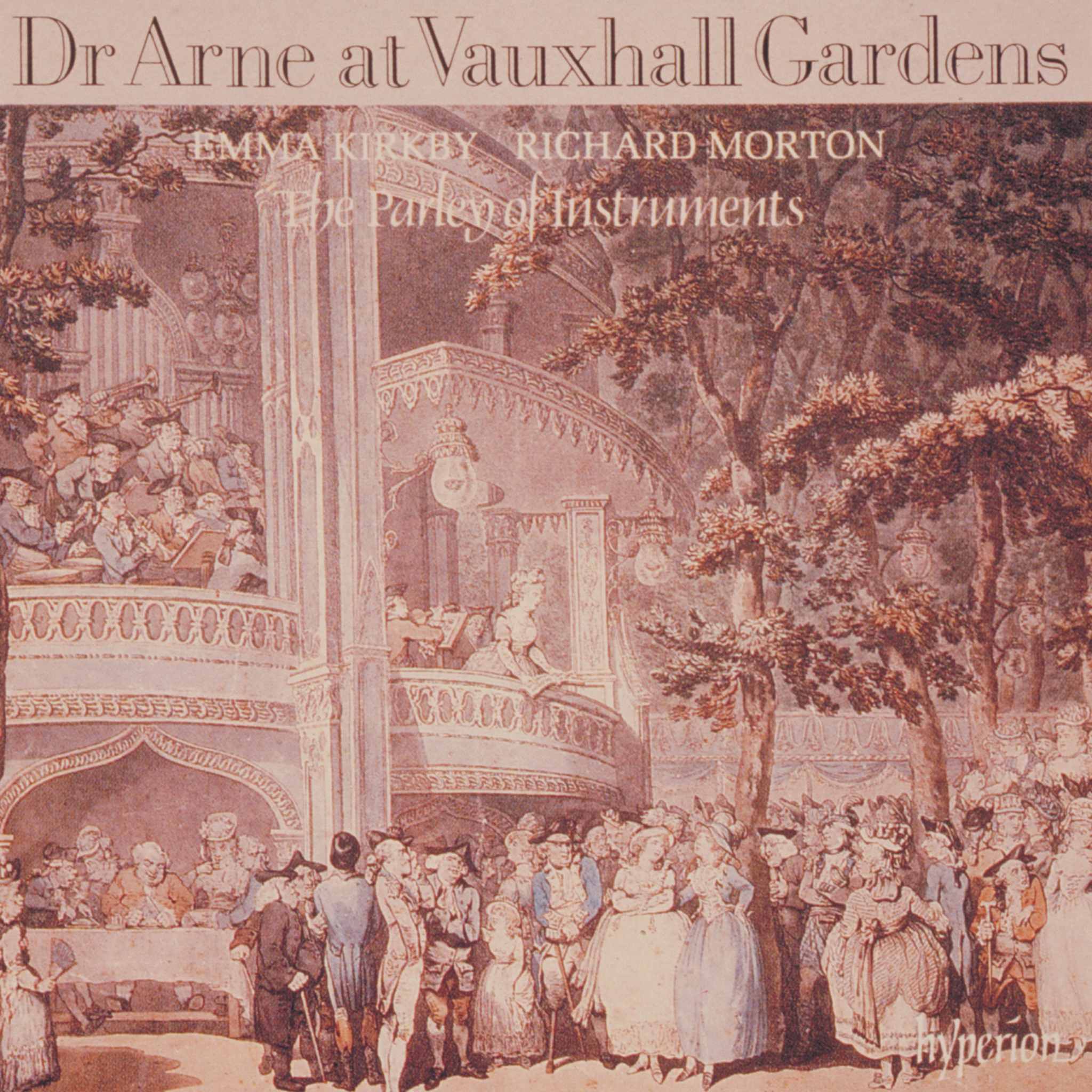Thomas Arne: A Journey Through His Classical Compositions
Thomas Arne (1710–1778) was a prominent 18th-century English composer known primarily for his dramatic music, operatic entertainments, and songs. Born and educated in London, Arne initially apprenticed to a lawyer before pursuing music professionally. His career was launched with the encouragement of his friend Michael Festing and eventual parental consent. Arne's compositions carry the essence of the classical period, creating an enchanting atmosphere that transcends time.
Arne's Contribution to Operatic and Theatre Music
Arne was a leading composer for London’s West End theatres, including Drury Lane and Covent Garden. He composed many operatic entertainments, masques, and incidental music for Shakespearean plays. His contributions led to revivals of As You Like It (1740), Twelfth Night (1741), The Merchant of Venice (1742), The Tempest (1746), and Love’s Labour’s Lost (1747).
Notable Compositions by Thomas Arne
Arne's best-known patriotic piece is the song Rule, Britannia! from the masque Alfred (1740), which remains a hallmark of British national music. He also composed the song A-Hunting We Will Go (1777), which, while not originally from The Beggar’s Opera, is now a popular folk song and nursery rhyme.
Arne's Instrumental Music
Arne composed concertos and sonatas, particularly keyboard concertos and 18th-century violin sonatas, which have been recorded and performed in recent years. His instrumental music showcases a different approach, as seen in the brilliant performances by The Locatelli Trio in "English 18th-Century Violin Sonatas (English Orpheus 13)".
Recordings and Collections of Arne's Works
Arne's works have been brought to life in numerous collections. "Arias for Guadagni: The First Modern Castrato" features works connected to the famous castrato Guadagni, performed by the talented Iestyn Davies and the Arcangelo ensemble, conducted by Jonathan Cohen.
"Orpheus with His Lute: Music for Shakespeare from Purcell to Arne (English Orpheus 50)" showcases Arne’s contribution to Shakespearean theatrical music, realized by Catherine Bott and The Parley of Instruments, led by Peter Holman.
Collections like "Fairest Isle: A New National Songbook (English Orpheus 47)" and "Arne: Artaxerxes (English Orpheus 33)" highlight his vocal and operatic compositions. The latter showcases a remarkable ensemble of Catherine Bott, Patricia Spence, Christopher Robson, Ian Partridge, Richard Edgar-Wilson, Philippa Hyde, The Parley of Instruments and conductor Roy Goodman.
Arne's versatility is further explored in "Arne: 6 Favourite Concertos for Keyboard (English Orpheus 7)" played masterfully by The Parley of Instruments with Paul Nicholson, and the engaging "Songs to Shakespeare" interpreted by Anthony Rolfe Johnson and Graham Johnson.
Immerse yourself in an unforgettable musical journey with these fascinating compositions by Thomas Arne.








